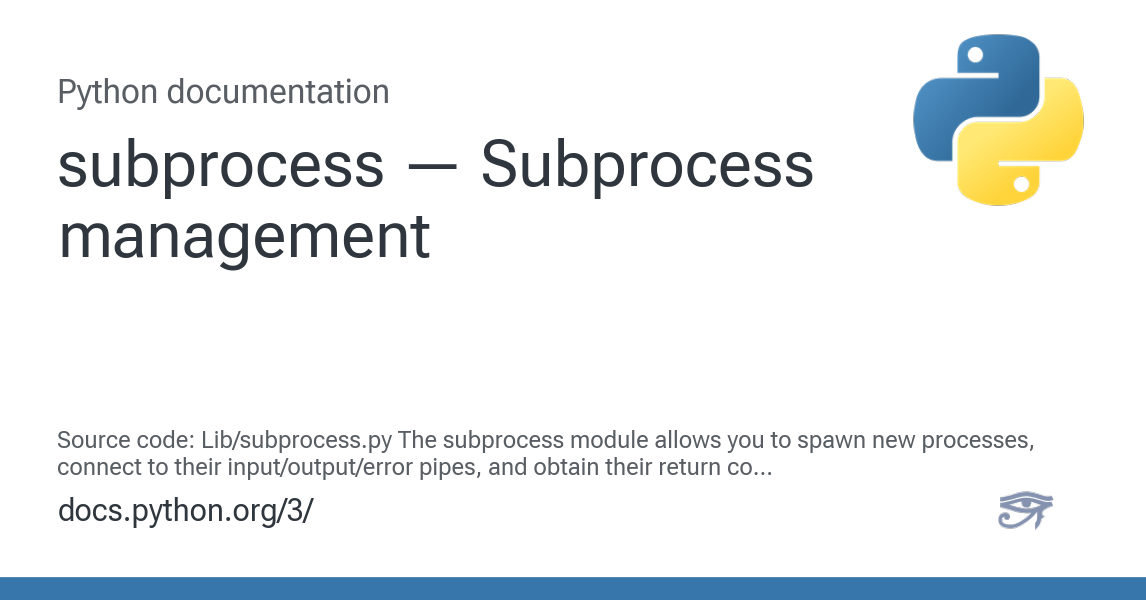>>import os
kevin
0
The standard output of the system command 'whoami' is my login name. Yet
the value of the 'foo' object is '0,' not 'kevin.' How can I get the
value of 'kevin' associated with foo?
--
Kevin Walzer
Code by Kevin
>>foo = os.system('whoa mi')
>>print foo
>>>
the value of the 'foo' object is '0,' not 'kevin.' How can I get the
value of 'kevin' associated with foo?
--
Kevin Walzer
Code by Kevin




Comment